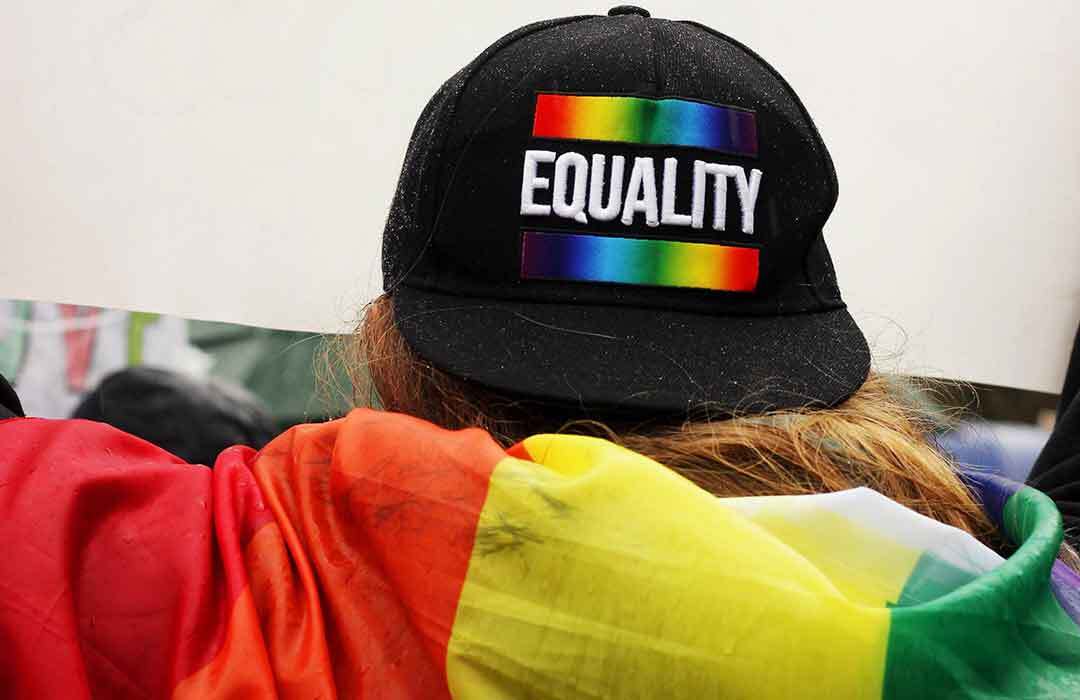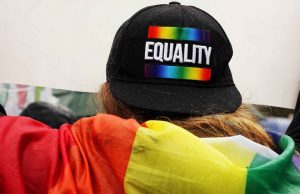
One in four people in the world will experience a mental health condition at some point in their lives, making mental illness a leading disability worldwide. That said, a specific group of people is even more likely to suffer from a mental illness: the LGBTQ+ community. These individuals face unique challenges that threaten their mental health and overall livelihood. Let’s take a look at some facts and statistics related to the LGBTQ+ population and their experience with mental illness. These are based on estimations from multiple surveys which are found on Psychiatry.org:
LGBTQ+ Population in the US
- Approximately 9 million adults in the US (or 3.8%) identify as gay or lesbian (1.7%), bisexual (1.8%), or transgender (0.3%).
- Approximately 19 million Americans (8.2%) report engaging same-sex sexual behavior.
- Almost 25.6 million Americans (11%) acknowledge at least some same-sex sexual attraction.
Prevalence of Mental Illness in the LGBTQ+ Community
- LGBTQ individuals are more than twice as likely as heterosexuals to have a mental illness
- Those in the LGBTQ community are 2.5 times more likely to experience depression, anxiety, and substance abuse compared to heterosexuals.
- 31% of older adults in the LGBTQ community report depressive symptoms, and 39% report serious thoughts of suicide.
- Women who identify as lesbian or bisexual are more than twice as likely to engage in heavy drinking in the past month than heterosexual women.
Risk and Rate of Suicide Among LGBTQ+ Individuals
- In LGBTQ people ages 10-24, suicide is a leading cause of death.
- African American, Hispanic, American Indian, or Multiracial/Mixed transgender individuals have a higher risk of suicide than white transgender individuals.
- The rate of suicide attempts for lesbian, gay, and bisexual youth is four times higher, and two times higher for youth questioning their sexual identity than heterosexual youth.
Stats on Discrimination Against LGBTQ+
- Transgender individuals have higher rates of unemployment and poverty than non-transgender individuals.
- Those in the LGBTQ community are more likely to become victims of violence than heterosexual individuals.
- Many LGBTQ people have reported feeling stigmatized or discriminated against when seeking health services.
- LGBTQ individuals may have less social support than heterosexual individuals.
Mental Health Help for the LGBTQ+ Community
If you are a member of the LGBTQ+ community and you are struggling with a mental illness, suicidal thoughts, stigma, discrimination, or something else entirely, consider working with a mental health professional. There are providers out there who specialize in helping the LGBTQ+ community with their unique challenges. These individuals have experience working with LGBTQ+ clients and excel in understanding, empathizing with, and assisting these individuals with managing or resolving these issues.
Let’s keep in touch! Sign up to receive our newsletter:
Start a Relationship with An Exceptional Counselor
- Skilled and caring professional counselors
- Accepting all major and most insurances
- High-touch customer service & premium benefits
- Same- or next-day appointments
- Ultra-flexible 23.5hr cancellations











